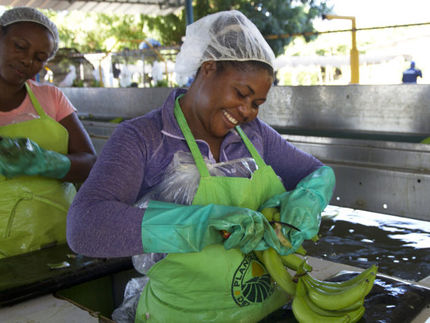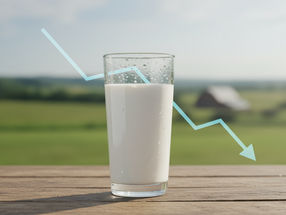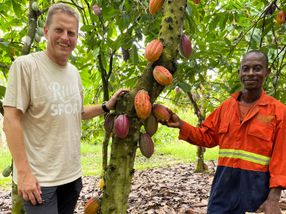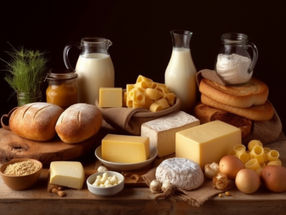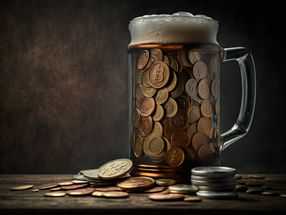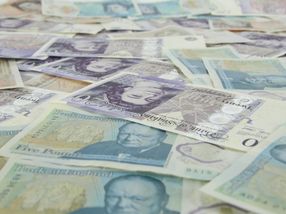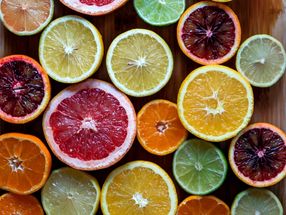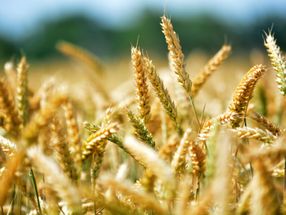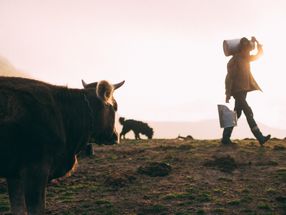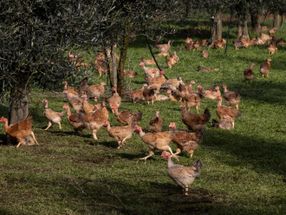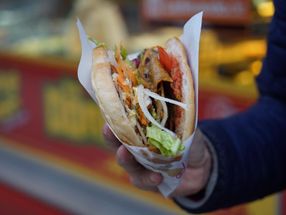Coffee market check shows massive price differences
102 products compared: consumer advice centers call for more transparency when it comes to your favorite drink.
Advertisement
After water, coffee is the most popular drink in Germany. The beverage brings people together and is an everyday companion for many. According to the German Coffee Association, an average of 164 liters of coffee are drunk per capita each year. However, prices have been rising for years, with green coffee prices increasing by 247% since 2020. This is also felt by consumers when shopping in supermarkets or specialist stores. "People on low incomes in particular can sometimes no longer afford coffee and are therefore excluded from social participation," says Silvia Monetti, head of the IN FORM joint project "Healthy and sustainable eating on a budget". As part of the project, the consumer advice centers therefore carried out a market check in eight supermarkets and discount stores in Baden-Württemberg and examined the prices of a total of 102 different products. The result was considerable price differences that are not comprehensible from the point of view of the consumer advocates.
The nationally funded project, led by the NRW consumer advice center, examined a total of 50 variants of Cafe Crema and 52 of Espresso coffee, in powder, pod and capsule form. The basic prices of the products were recorded, i.e. prices per kilogram. In some cases, large price differences were found within a product category: espresso capsules from the same brand manufacturer, for example, cost 73.75 euros per kilogram in an 88-gram pack, but 50.70 euros per kilogram in a 128-gram pack. "From our point of view, this is incomprehensible," says project manager Silvia Monetti from the NRW consumer advice center. "We noticed coffee in capsule form in a particularly negative light," says Monetti: "Here, the coffee can cost 92.26 euros per kilogram - that's by far the most expensive, and it wasn't even organic or fairtrade quality coffee." The coffee prices for private labels, on the other hand, are often the same or very similar to the cent.
It's worth comparing the basic prices
It is therefore worth comparing basic prices and also taking the coffee preparation method into account: Coffee powder in particular is considerably cheaper than coffee capsules. Although large coffee packs can be more expensive in absolute terms than small ones, they are often cheaper per kilo than smaller ones and are therefore easier on the wallet. Ground coffee can also be stored for several weeks in an opaque, airtight container protected from light, heat and moisture.
Organic or Fairtrade products are sometimes significantly cheaper
A ray of hope in the market check: organic or Fairtrade products can be significantly cheaper than other types of coffee in some cases. Private labels are also generally cheaper than branded products, even in organic and / or Fairtrade quality. For example, 250 grams of organic espresso powder from a private label was offered for as little as 14.16 euros per kilogram. However, numerous different seals and statements regarding "fairness" sometimes make it difficult to make a well-informed purchasing decision. "The decision to buy fair trade products must be simple and transparent for consumers," emphasizes Monetti. "This requires a legal definition of uniform criteria as to what exactly is meant by socially responsible, fair, environmentally friendly and similar terms so that reputable suppliers can be better recognized."
Price monitoring body needed for more transparency
In view of the significant price differences, consumer advocates are calling for a reaction from politicians: "People need more transparency, for example through a price monitoring agency," says Silvia Monetti. "Consumers can compare the basic price and make price-conscious purchases. However, they have no way of influencing prices themselves. A price monitoring agency could highlight possible excessive prices and government agencies could respond with targeted measures. This would benefit low-income consumers in particular, who spend a significantly higher percentage of their net income on basic necessities such as food."
Note: This article has been translated using a computer system without human intervention. LUMITOS offers these automatic translations to present a wider range of current news. Since this article has been translated with automatic translation, it is possible that it contains errors in vocabulary, syntax or grammar. The original article in German can be found here.




